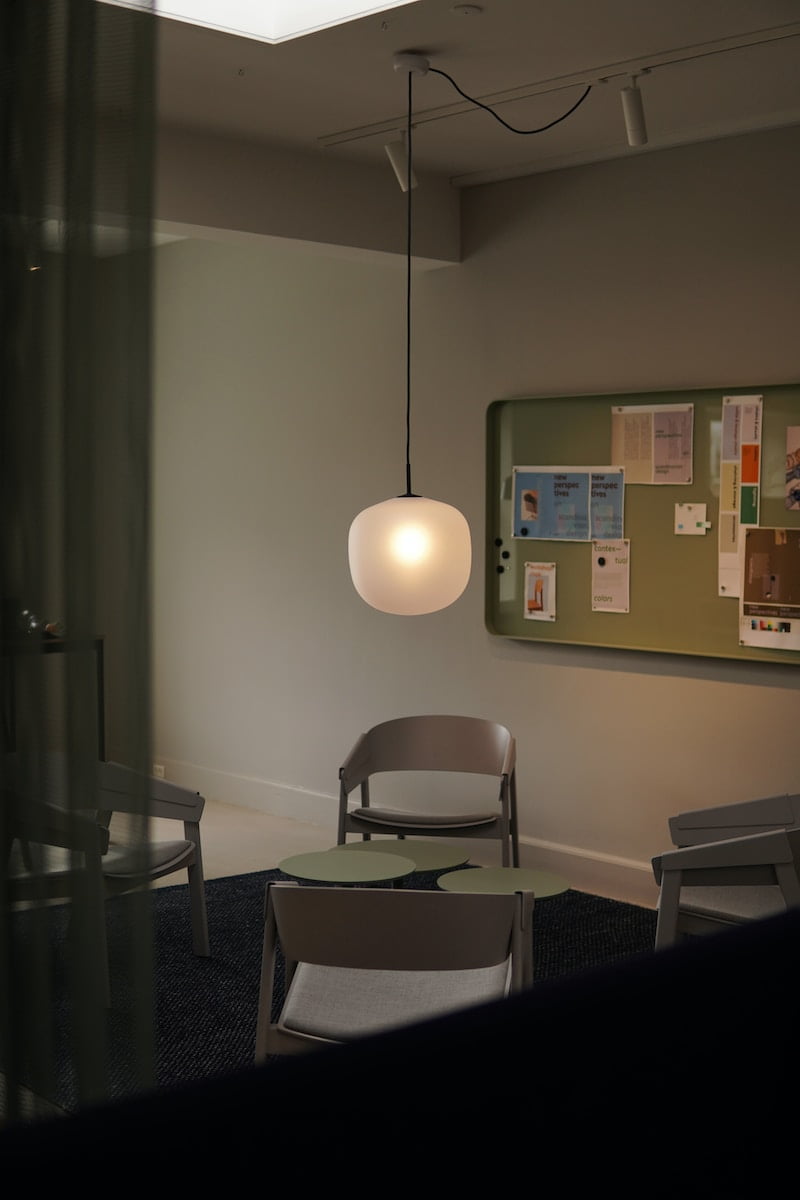
Taking care of our ears is crucial for maintaining our overall well-being. Whether you’re an avid music lover, a frequent swimmer, or simply concerned about your auditory health, understanding the best methods to keep your ears clean and clear is vital. In this comprehensive guide, we will explore various tips and techniques that will help you maintain optimal ear hygiene.
Our ears play a significant role in our daily lives, enabling us to communicate, appreciate music, and experience the world around us. Neglecting ear care can lead to a range of problems, such as ear infections, hearing loss, and tinnitus. By implementing proper ear hygiene practices, you can prevent these issues and enjoy healthy ears throughout your life.
When it comes to ear health, prevention is key. Taking proactive measures to maintain healthy ears can help you avoid the discomfort and potential complications associated with various ear conditions. By following the tips outlined in this guide, you can significantly reduce the risk of developing ear infections, hearing loss, and other ear-related problems.
One of the fundamental steps in maintaining ear health is regular cleaning. However, it’s important to note that the ears are self-cleaning to some extent. The earwax produced by the glands in the ear canal helps protect the ears by trapping dust, dirt, and foreign particles. It is generally not necessary to remove all earwax, as it naturally moves out of the ear on its own. Nevertheless, occasional cleaning can be beneficial.
Exposure to excessive noise levels is a common cause of hearing loss and other ear-related problems. To protect your ears from loud noises, it is essential to take preventive measures.
Ear infections can be extremely uncomfortable and may result in temporary or permanent hearing loss if left untreated. By following these preventive measures, you can significantly reduce the risk of developing ear infections.
For individuals who frequently swim, taking extra precautions to protect the ears from water-related issues is crucial.
While regular ear hygiene practices are generally sufficient for maintaining ear health, there are instances when professional assistance may be necessary.
In conclusion, prioritizing ear health is essential for overall well-being. By incorporating the best methods for maintaining clean and clear ears, such as regular cleaning, protecting against noise, preventing infections, and taking extra care when swimming, you can ensure optimal ear hygiene. Remember to always consult a medical professional when necessary, and enjoy the benefits of healthy ears throughout your life.
Proper ear health is crucial for maintaining overall well-being. Neglecting ear care can lead to various problems such as ear infections, hearing loss, and tinnitus. By implementing proper ear hygiene practices, you can prevent these issues and enjoy healthy ears throughout your life.
It is generally not necessary to remove all earwax, as the ears are self-cleaning. However, occasional cleaning can be beneficial. Gently clean the outer part of your ears with a washcloth during your regular bathing routine. Avoid inserting cotton swabs or other sharp objects into the ear canal, as it can push wax deeper or cause damage.
To protect your ears from loud noises, use high-quality earplugs when attending concerts or other noisy events. Wear ear protection while using power tools or engaging in activities that expose you to loud sounds for an extended period. Limit the time spent in environments with high noise levels and adjust the volume settings on personal electronic devices.
To prevent ear infections, maintain good hygiene by regularly cleaning the outer part of your ears. Avoid inserting foreign objects into your ears and ensure your ears are thoroughly dried after swimming or bathing. If you experience persistent ear pain, discharge, or decreased hearing, seek medical attention for proper diagnosis and treatment.
On many occasions after providing a full hearing assessment I get asked the question “can…
Microsuction is a safe and effective method for removing earwax and debris from the ear…
Ear wax, also known as cerumen, is a substance that is naturally produced by our…
Ear wax, or cerumen, is a natural substance produced by the ear canal to protect…
Cleaning our ears is an important part of our personal hygiene routine. It not only…
Earwax, also known as cerumen, is a natural substance produced by the ear canal to…
This website uses cookies.